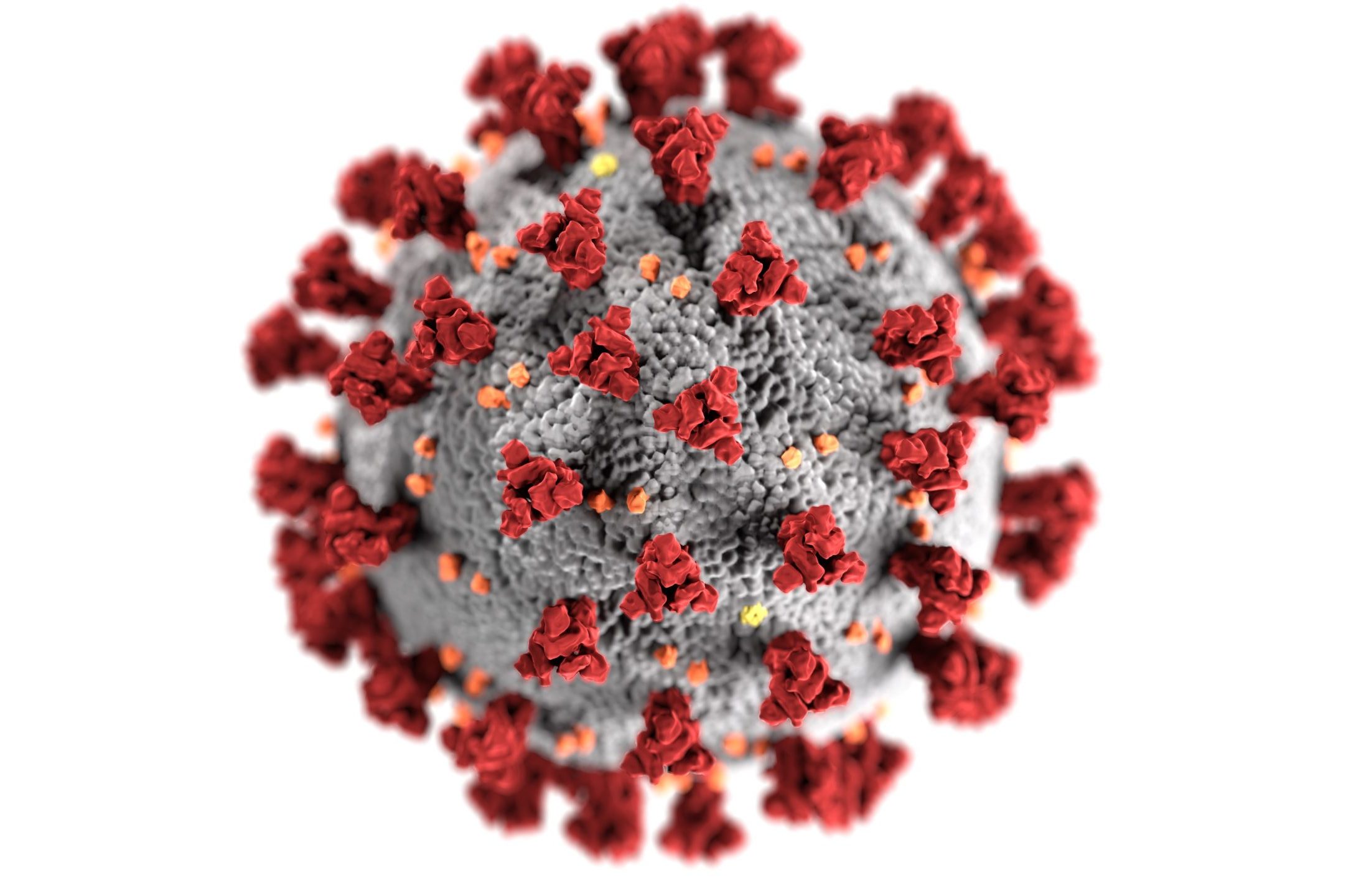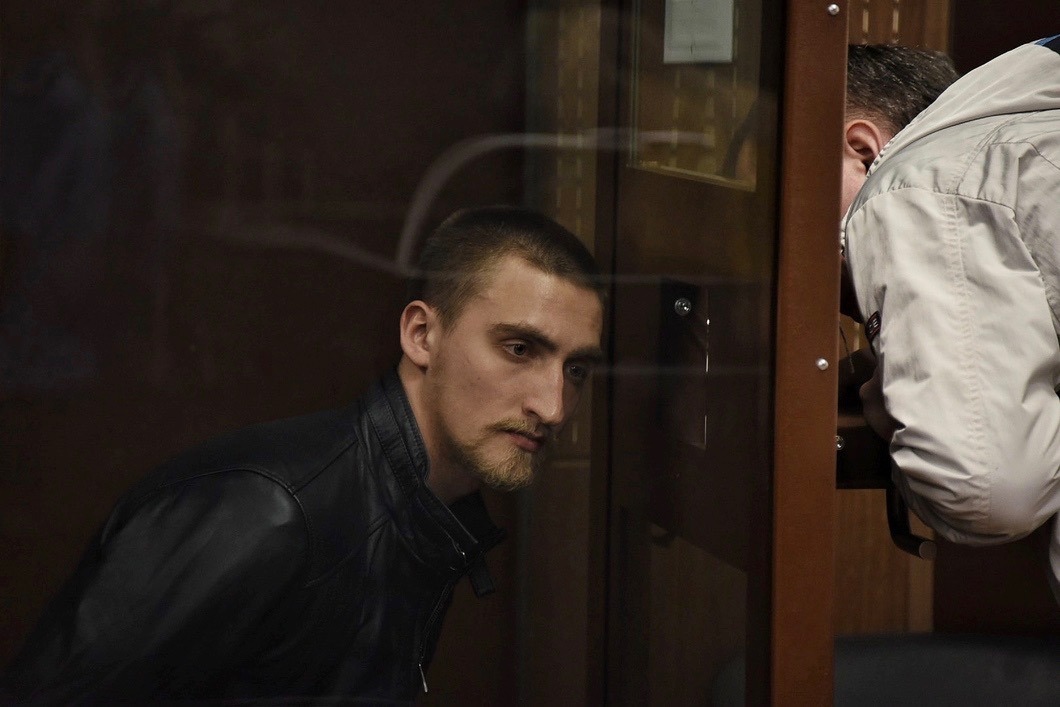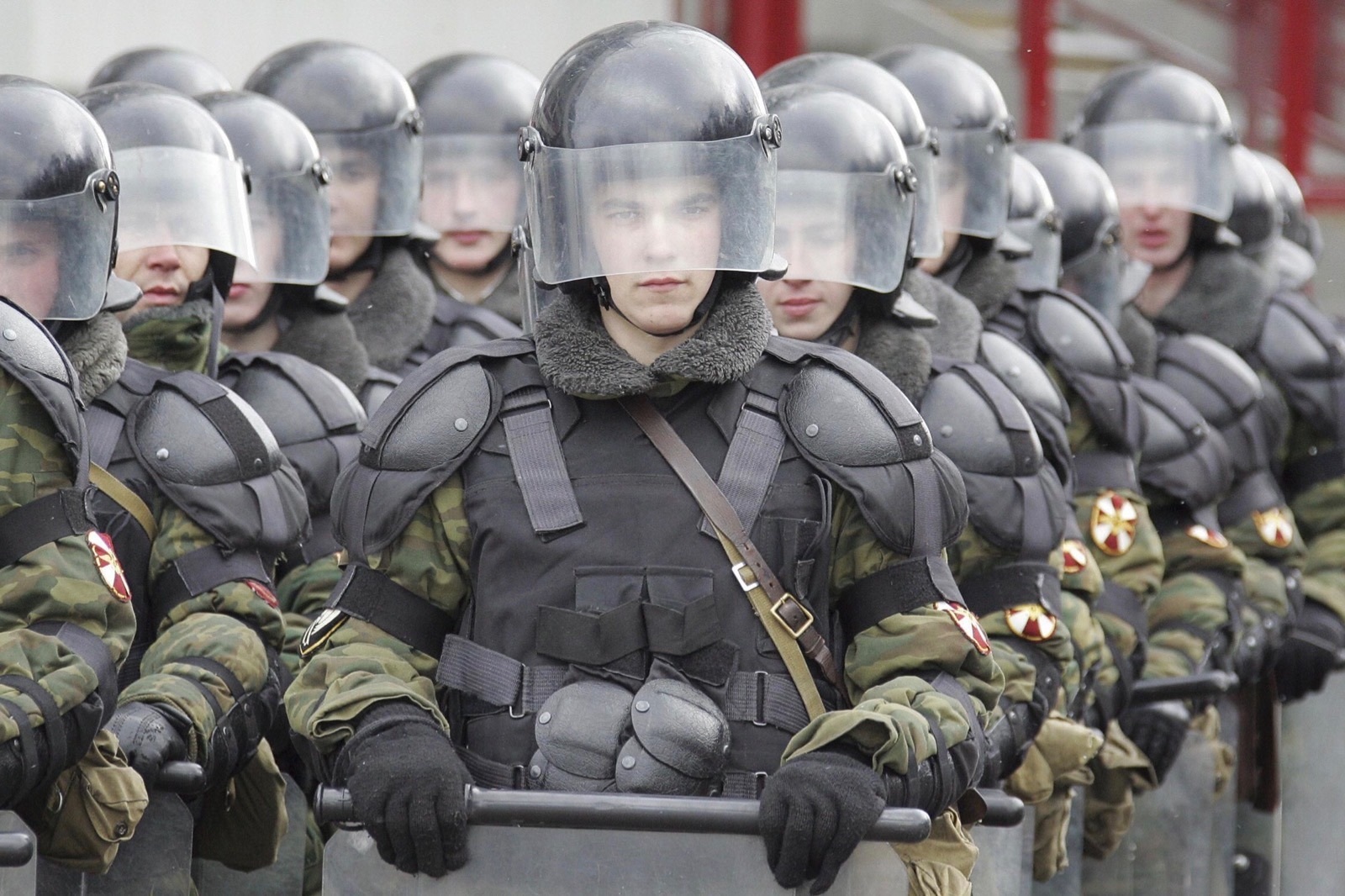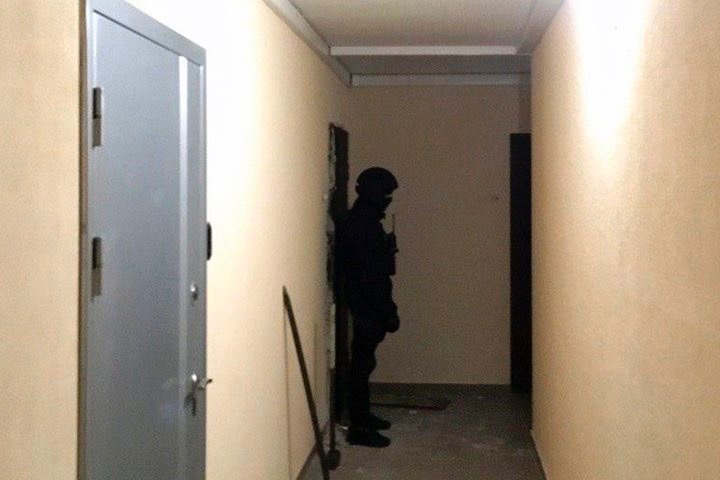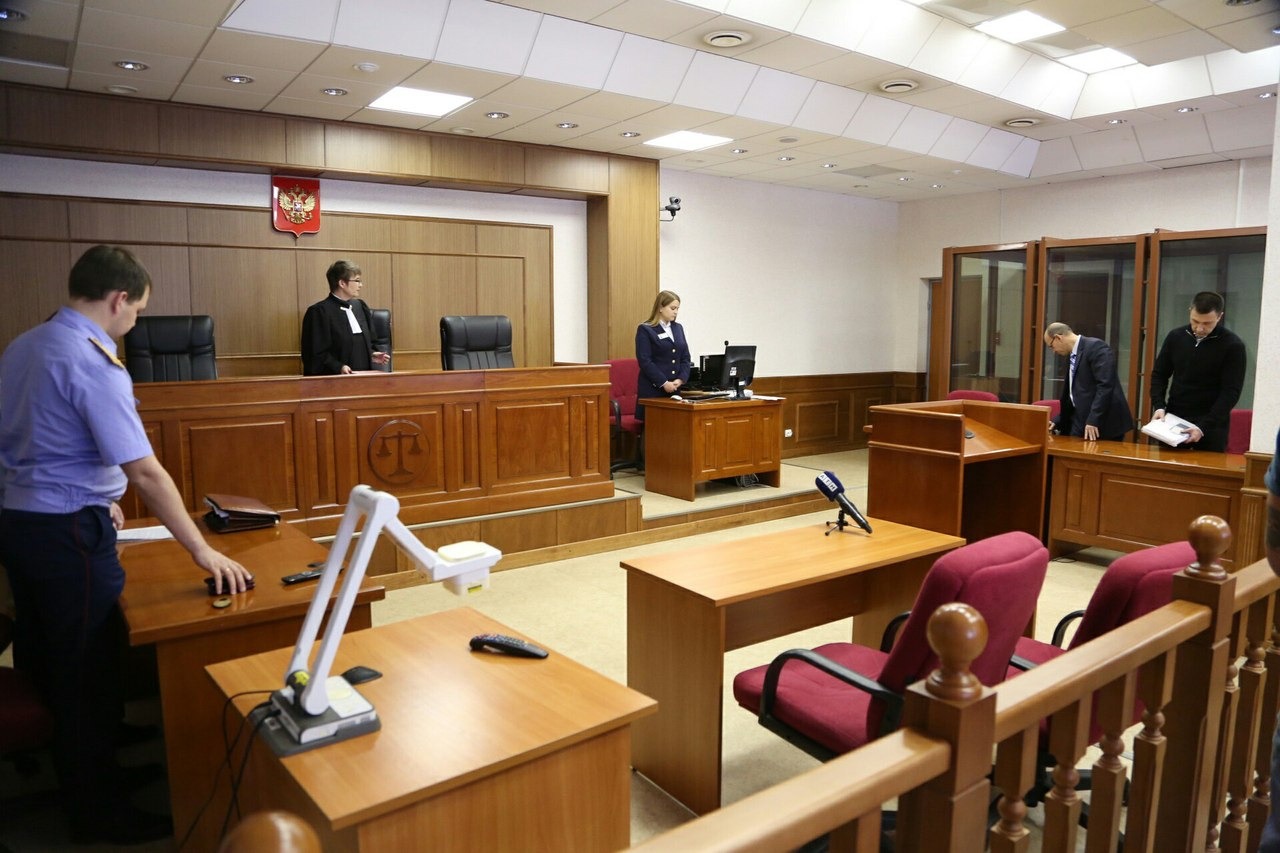July 26, the Supreme Court of Crimea did not satisfy the appeal against the extension of the measure of restraint to the three defendants of the case of the second Bakhchisaray group Hizb ut-Tahrir to Timur Ibragimov, Seyran Saliev and Zakiryaev Server. The trial session was held in a closed session.
The judge did not satisfy the appeals of the lawyers, leaving the decision of the court of first instance unchanged; that is, the decision to extend the punishment in the form of detaining Saliev, Ibragimov and Zakiryaev until August 9th.
According to lawyer Eden Sememlyaev, on August 8 or 9 they will consider the next interrogation of the investigator about the extension of the measure of restraint to the defendants of this case.
“The application of the admission of relatives to the courtroom, and the direct participation of defendants in the courtroom session was rejected by the judge. On the other three persons involved in the case, Suleyman (Marlen) Asanov, Memet Belyalov and Ernest Ametov, the court, on their own initiative, withdrew the hearing from consideration, citing the absence of a transfer of an appeal against the Crimean Tatar language. The court returned the case materials to the court of first instance, so that they could bring the documents in line, “Semedlyaev said.
In October 2017, the Russian security forces arrested six residents of Bakrhchisaray. These are Timur Ibragimov, Marlen Asanov, Memet Belyalov, Seyran Saliev, Zekiryaev Server and Ernes Ametov. The FSB incriminates them in participating in the Hizb ut-Tahrir organization, which is banned in Russia and in Crimea which is annexed by Russia.
May 21 2018, in Crimea, the coordinator of the “Crimean solidarity” Server Mustafayev and the Crimean Tatar, the Muslim Edem Smailov were detained. Accusations against them were attached to the Bakrhchisaray case of Hizb ut-Tahrir.
Representatives of the international Islamic political organization Hizb ut-Tahrir call their mission the unification of all Muslim countries in the Islamic caliphate, but they reject the terrorist methods of achieving this and say that they are subjected to unjust persecution in Russia and in Crimea, which was occupied by it in 2014. The Supreme Court of Russia banned “Hizb ut-Tahrir” in 2003, including it in the list of associations called “terrorist”.
Defenders of the arrested and convicted in the “Hizb ut-Tahrir case” consider that the persecution of those Crimeans was motivated on religious grounds. Lawyers note that the Russian law enforcement agencies persecuted in this case are mostly Crimean Tatars, as well as Ukrainians, Russians, Tajiks, Azerbaijanis and Crimeans of another ethnic origin who profess Islam. International law prohibits the introduction of the legislation of the occupying state in the occupied territory.


